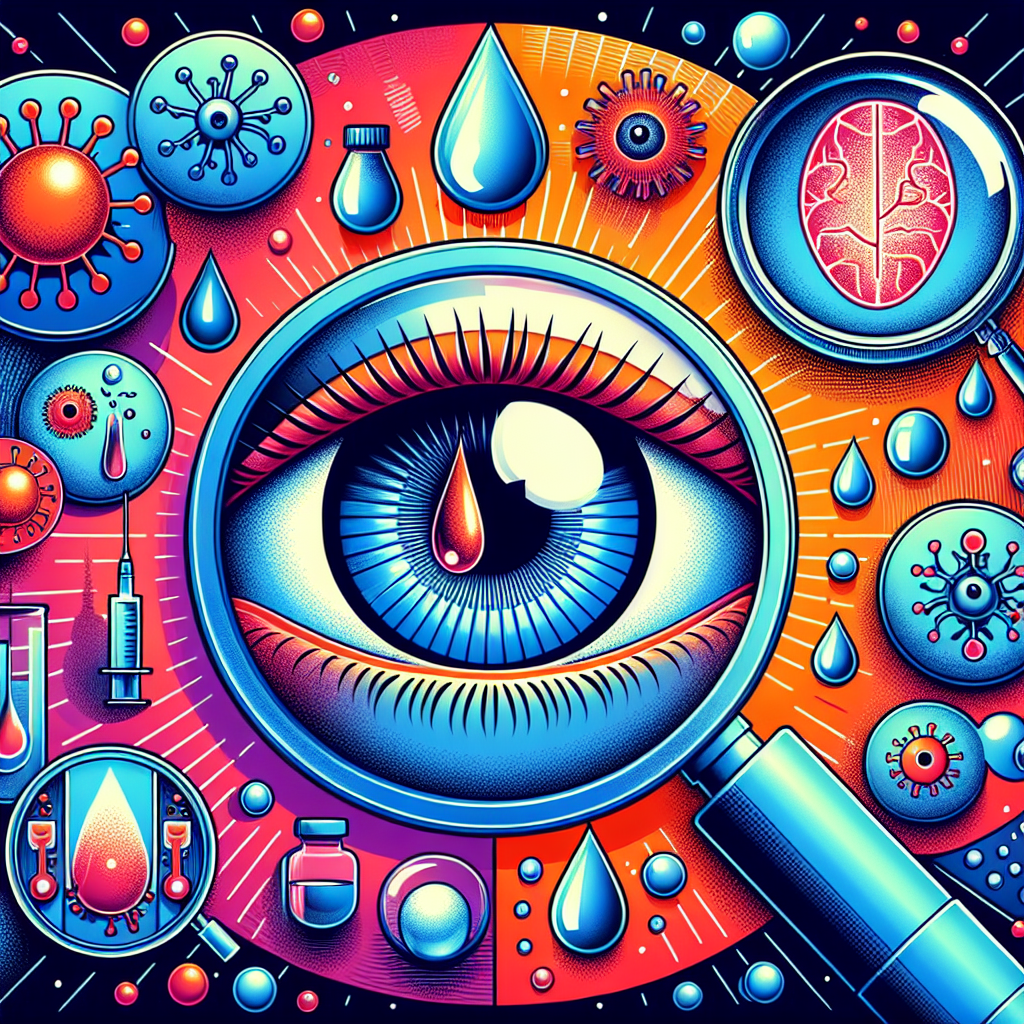Introduction
Imagine waking up to a beautiful sunrise, but the world appears blurred through a veil of tears. Eye watering can be as disruptive as a sudden rainstorm on a sunny day. Whether it’s caused by allergies, an infection, or another issue, understanding how to stop eye watering is essential for clear vision and comfort. In this guide, we’ll explore the causes, treatments, and when it’s time to seek professional help.
- Understanding the Causes of Eye Watering
- Effective Home Remedies
- When to Seek Medical Attention
- Prevention Tips for Eye Watering
- Key Takeaways
- FAQs
- Conclusion
Understanding the Causes of Eye Watering
Eye watering, or excessive tearing, can be likened to a river overflowing its banks. Various factors may cause this overflow:
- Allergies: Pollen, dust, and pet dander can trigger your body’s defense mechanism, causing your eyes to produce more tears.
- Infections: Conditions like conjunctivitis or styes can lead to increased tear production. Learn more about eye infections and stye treatment services.
- Dry Eyes: Ironically, dry eyes can stimulate tear production as the body attempts to lubricate the eyes.
- Environmental Factors: Wind, smoke, or bright lights can irritate your eyes, leading to watering.
Effective Home Remedies
Before embarking on a journey to the doctor’s office, consider these home remedies that might turn the tide:
- Cucumber Slices: Place cool cucumber slices over your closed eyes to soothe irritation.
- Warm Compress: Apply a warm compress to help alleviate discomfort from infections or styes.
- Avoid Allergens: Stay indoors during high pollen counts and use air purifiers to minimize exposure.
- Artificial Tears: Use over-the-counter artificial tears to keep your eyes moist and comfortable.
When to Seek Medical Attention
If eye watering persists like an unrelenting storm or is accompanied by pain, redness, or vision changes, it may signify a more serious condition. Consult with an urgent care specialist if you suspect an infection or other health concerns. Explore urgent care services for prompt medical attention.
Prevention Tips for Eye Watering
A stitch in time saves nine, and preventive measures can save you tears:
- Wear Sunglasses: Protect your eyes from wind and UV rays with quality sunglasses.
- Maintain Hygiene: Wash your hands frequently and avoid touching your face to prevent infections.
- Stay Hydrated: Keep your body hydrated to maintain adequate tear production.
Key Takeaways
Eye watering can be a nuisance, but understanding its causes and employing simple remedies often brings relief. Always pay attention to accompanying symptoms that may require professional evaluation.
FAQs
Why do my eyes water excessively?
Your eyes may water due to allergies, infections, dry eyes, or environmental irritants.
Can I treat eye watering at home?
Yes, using remedies like warm compresses, artificial tears, and avoiding allergens can help.
When should I see a doctor for eye watering?
If you experience persistent watering with pain or vision changes, consult a healthcare professional.
Conclusion
Just as a painter needs a clean canvas, our eyes need clarity for us to appreciate the world’s beauty. By addressing the underlying causes of eye watering and following preventive measures, you can ensure your vision remains as clear as a bright morning sky. Remember, if symptoms persist or worsen, seeking medical advice is always wise. Let not tears blur your vision; take charge of your eye health today.
To further understand how infections can affect different parts of the body and their implications, read our comprehensive post on whether an infected cut is an emergency. Additionally, for reliable information on allergy management and other health-related topics, reputable resources such as the Centers for Disease Control and Prevention (CDC) offer valuable guidance.




